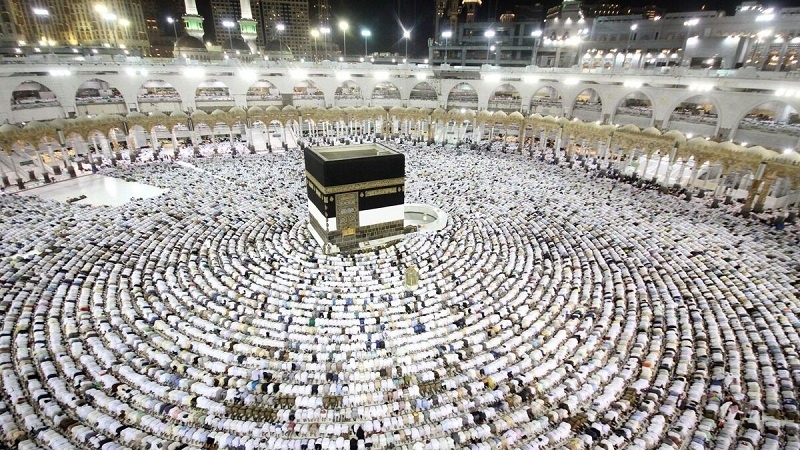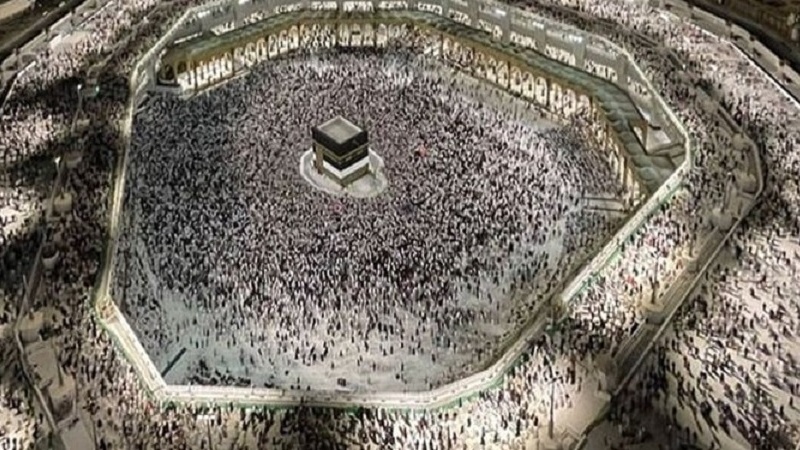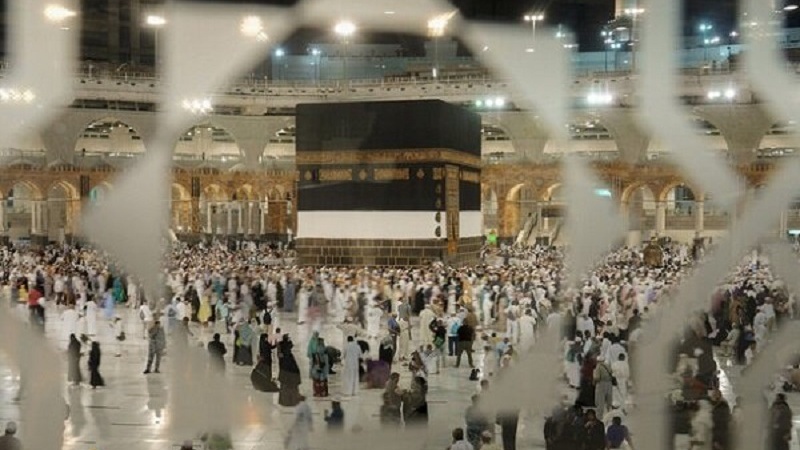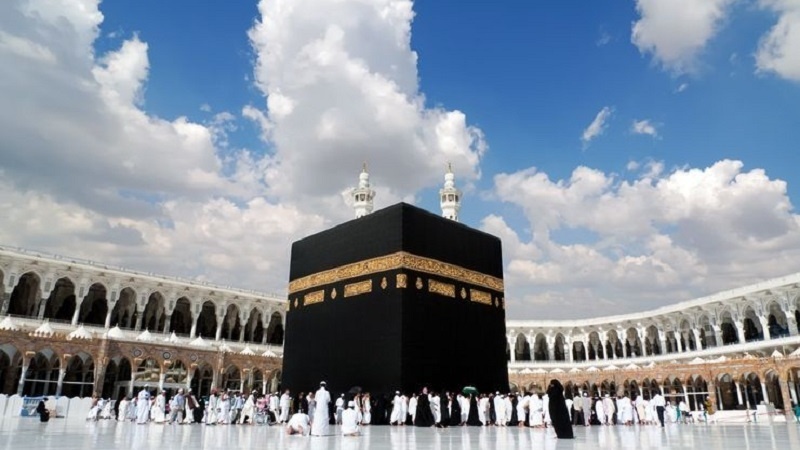Why is Hajj important? A movement in global scale
-

Why is Hajj important? A movement in global scale
Hajj is a worship full of wisdom, and includes servitude, a monochrome structure and unity.
According to Pars Today, the Hajj ceremony is a heritage that has remained from Prophet Abraham and is held in two forms of obligatory, which is simply called, "Hajj" or "Hajj Tamattu" and recommended form called, "Umra". Muslims from all over the world set out for Masjid-ol-Haram (Holy Mosque) in Mecca to perform the Hajj rituals in the first 10 days of the Islamic month of Zul-Hijja. But, Umra is held throughout the year. Hajj is obligatory for every Muslim once in his life provided that he/she can afford the financial expenses and is physically able to perform all rituals of this hard worship.

Benefits of Hajj
The holy Qur'an says on the wisdom of Hajj for pilgrims, "… so that they may witness the benefits for them." These benefits include material, spiritual, political, social, cultural, and economic ones, and it will ultimately benefit the Muslim community. For instance, one of the wisdoms or philosophies of Hajj is to review the primary issues of the Islamic Ummah, to find solutions for them, bolster unity among Muslims, to have cultural exchanges and so on.
Servitude of God
The most important and useful wisdom of Hajj is to express servitude before God which is visible in every ritual of this great worship, including Ihram (wearing of white, simple and unstitched garment), circumambulation and slaughter of cattle.
Paying attention to the Hereafter
Wearing Ihram, uttering "Labbayk" and abandoning material and worldly belongings, helps the individual get prepared for ascension and journey in spiritual spaces.

Exchange of views and thoughts with Muslims
Muslims from the Islamic and non-Islamic countries flock to Mecca and converge in the days of Hajj to tackle the problems of the downtrodden and oppressed in the world. They seek assistance from the great power of Muslims to solve the problems in their communities.
Keeping alive the heritage of the Prophet
Hisham bin Hakam, quoting from Imam Sadeq (Peace upon him), says, "God created humans… and commanded them to perform Hajj which comprises following of religious orders and the benefits of their world. During Hajj, Muslims gather from the east and the west and get familiar with each other. Nations enjoy the trades and economic products of each other. Pilgrims, also, get familiar with the works and news of the noble Prophet and safeguard these works against oblivion. If every nation was to talk only about its own environment, they would be destroyed and cities would go to ruin … this is the wisdom of Hajj."
Steadfastness of the Islamic community
As for the social aspect, Hajj has been considered as a source of consolidation and steadfastness of the Islamic Ummah which keeps divine punishment distant from the Muslim world. In view of this, according to the narrations, deserting of the Ka'ba and relinquishing of Hajj have been deemed as the cause of the divine punishment and the Islamic ruler is duty-bound to encourage people to perform it; and if the individuals don’t have enough money for the purpose, the Islamic ruler should even send them to Hajj at the expense of the government.

Eradication of poverty
Hajj causes poverty to leave the religious society. Individuals pay their financial obligations [khoms and zakat] and slaughter cattle on the Feast of al-Adha which reduce poverty if they are correctly distributed.
Announcement of disavowal of polytheists
Announcement of disavowal of polytheists, oppressors and those who conceal the divine realities and act opposite of them are among the spiritual goals of Hajj. In this way, Hajj pilgrims demonstrate their solidarity and sympathy with the oppressed and downtrodden in the world.
Hajj in the holy Qur'an
Among the divine worships, Hajj possesses every benefit and mystery of other worships. The goal of prayer and Hajj is to maintain the remembrance of God in the heart and soul of human being. That's why, Prophet Abraham pleaded to God, beside the Ka'ba, to grant him and his progeny the highest degree which is the status of submission.
The greatest exegete of the holy Qur'an in the 20th century, late Allameh Tabatabai, believed that if we study the story of Abraham as it has been mentioned in the Qur'an, we will realize that it is a full course of servitude of God and a spiritual journey, which the individual covers from his home to the divine proximity; and with abandoning the world and material wishes and getting rid of the Satanic temptations, reaches the divine proximity.
Sources:
- "Should we go on Hajj or help the poor?", the news-analytical community of A, August 22, 2018
- "Importance of Hajj (Qur'an)", Wikifiqh
- "Importance of Hajj in the narrations of the Ahl al-Bayt (Peace upon them)", Tasnim news agency, August 12, 2023
- "Hajj or helping the poor?", website of Qom Islamic Propagation Office (Isfahan section), August 10, 2019
- "What is the philosophy of Hajj? Why should we go on Hajj?", Paydar Melli website
- "Hajj and the philosophy of its obligation / importance of this journey in the Qur'an / rituals and rules of this journey / why should we circumambulate seven times?", Jahan Emrooz website, August 7, 2018
Key phrases: Hajj ceremony in Saudi Arabia, unity and solidarity of world Muslims, Why is Hajj important? benefits of Hajj
RM/ME


